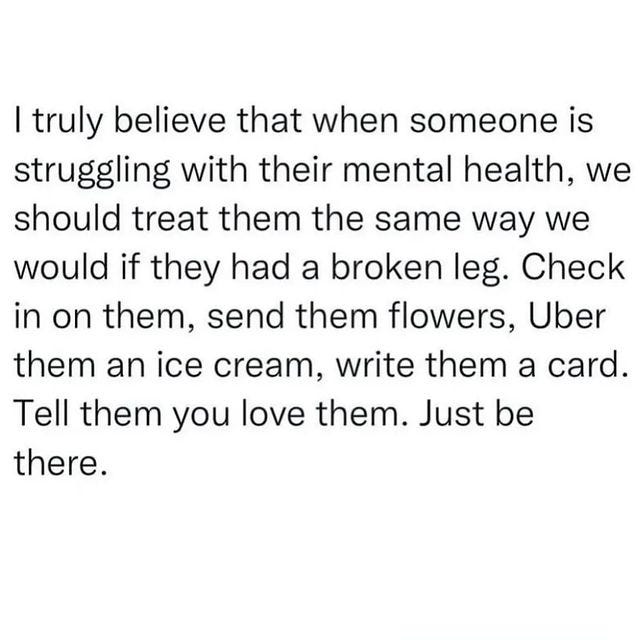
I wrote this in 2020, comparing what was happening that Spring with COVID to what it was like to heal from child abuse because, in both cases, there was only so much I could do right now. On the other hand, right now was all that mattered.
Thank you for reading the Child Abuse and Mental Health Survivors newsletter. Each week, I share new blog posts and other resources that aim to help survivors of childhood abuse and those who are struggling with mental health issues feel less alone as we discuss the issues surrounding our issues.
For more information about me and why this newsletter exists, visit the website - Child Abuse Survivor.
That’s not to say that I didn’t have an eye toward healing, but I had to accept that goal as one that was too far off and too overwhelming to be focused on every day. The individual steps not only need to be taken to get to the end goal, but they have to be the daily focus, and they should also be celebrated. That’s how we prevent the totality of everything involved in healing from overwhelming us.
I try to remind myself of this whenever I face a stressful situation that makes me feel overwhelmed by its size. I focus on what I can do today and the next day. Not on the many things I have no control over or can’t do until much later, just the things I can do right now. No matter how overwhelmed I feel, I am always surprised by how many things I can do now. No, none of them will solve the entire situation, but they can be a first step, and we don’t solve anything without a first step.
New from the Blogs
Recommending Some Podcast Episodes on the Mental Health of Young People
Listen to both episodes. You'll be challenged to think about youth mental health in a much broader sense. Hopefully, you will also see that these are not easy questions to answer and that existing in the world and planning for a future right now is hard. It's no wonder that young people are struggling. It's time we start taking serious steps toward making it less challenging for everyone and quit looking for a silver bullet that'll fix it.
Sharing - Giving and Receiving Compliments
Haven't we been talking over and over again about the lack of human connection and the impacts on our mental health? Maybe if we spent a little more time complimenting each other when a job is well done, or on a new look, or a trait that we admire, we'd have more human connection in our days.
Sharing - Boundaries for Healing Childhood Trauma
The article below provides many more details, but similar to what I wrote earlier this week about taking a mental health day, boundaries are personal. How I decide to interact with my family may look very different from how other survivors do it. My boundaries have changed over the years. What they look like now is different from what they were when I was struggling more with my mental health as a younger man. I still have boundaries. I define them for myself every day.
You should, too. You can decide where your boundaries are and when they can be adjusted. You decide what is safe for you. You decide who is harmful to you.
Shared from Elsewhere
Related to those podcast episodes I discussed above - 5 Lessons from a Conversation With a World-Renowned Happiness Expert.
This is important information for male victims of sexual violence, as children and adults. I know too many male survivors of childhood sexual abuse who struggle because their bodies did what the nerve endings are designed to do. - An Erection Is Not Consent.
Related to the image above - 17 Kind Texts To Send To Someone Who Is Depressed
Some more reading on kids and mental health:
Last but not least - 12 Best Self-Help Books For Men to Read in 2024
From the Archives
Thanks for the Memories – Good and Bad
But the biggest thing I take away from those photos, and all of the memories that they bring back, is that I survived even the messy stuff. I may not be proud of everything I did during the messy years, but I’m still here. And why shouldn’t I have survived that? I survived being abused in the first place!
So did you. You’re a lot stronger than any messiness that comes from change.
When Self-Care Becomes Selfish Care
So what does that do to a society? Think about your worst day. The day your relationship ended, someone you love passed away, your dog ran away, whatever it is. What did you do? Did you call a friend and cry about it? Quite possibly. Did you expect them to support you when you needed them, to encourage you? Now imagine your friend made one of those lists the next morning. Which side do you think you’d be on? You sound pretty “depleting” right about now.
Guess you don’t make the cut anymore. You aren’t adding value to their lives.
Thanks for reading. If you find this newsletter informative and helpful, spread the word. That’s the best way to say thank you for my weekly effort.

